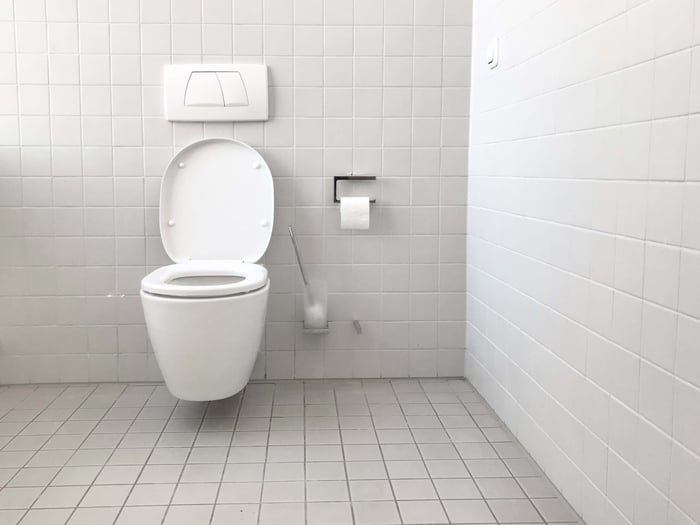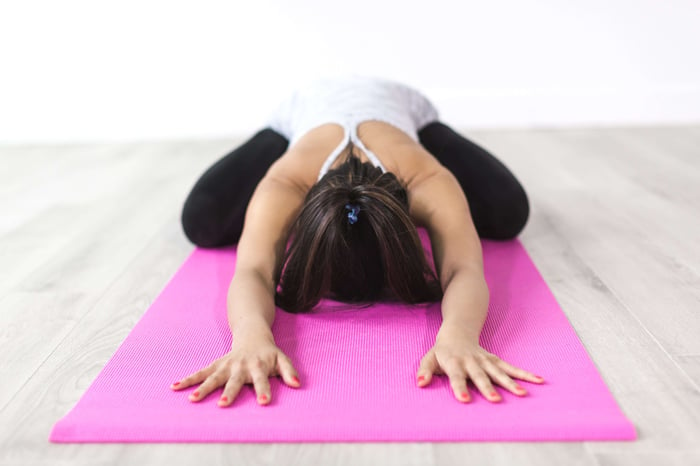I sit here 20 years into having endometriosis and often forget what endometriosis pain actually feels like. Not because I don’t experience it anymore but because it has just become part of my daily life. It’s like asking someone what breathing feels like. But, as people around the world connect with me on social media - at the beginning of their health exploration - I often have to explain endometriosis pain as something tangible for them to talk to their doctors about.
Hi, I’m Anusha Gandhi and I suffer from endometriosis. I got my period at the age of 14, menstruating most days of the month and fainting due to extreme blood loss. Eventually being ‘on my period’ was synonymous with bedridden crippling pain. As I continue to navigate my health journey, I share my story - a 20 year journey - on my blog. I have had three surgeries to remove endometriosis, the third and most recent took place just over two months ago (see pic below), where they explored the thoracic cavity, as well as the pelvic area. On my blog, and on social media, I get into those nitty gritty topics that are unfortunately still considered faux pas to talk about. Because the reality is, we are all asking the questions - just not out loud.

Typically, the first signs of knowing something is wrong are 1) heavy period flow often accompanied by clots 2) extreme pain during menstruation often feeling like someone is taking a hold of your ovaries and squeezing as hard as they can and 3) a hard dull ache throughout the pelvic area. If you’re forming a pattern of needing to take the first few days of your period off from school or work, it's time to start talking to your doctor. The problem is, they have found a way to lump all menstruators with ‘bad periods’ into one group called dysmenorrhea - a long and technical term for pelvic pain during menstruation. The solution? The Pill. Don’t even get me started with how grossly over-prescribed birth control is across the globe.
It isn’t until approximately 7 years and 10 doctors later (yes, an odd but sadly common statistic that nearly all people with endometriosis have attached to them; that is 1 in 10 people who menstruate worldwide) that a doctor takes you seriously and moves toward a formal diagnosis through a laparoscopic surgery. This is the ONLY way to diagnose endometriosis. However, within those 7 years, what can happen is spreading of the disease into something that is no longer contained within the pelvic cavity but is now spreading and attaching to organs far and wide.
During menstruation, it is likely to have intense diarrhea. And as the endometriosis begins to spread, it can also attach to your bowels - causing even more cramping and pain along with the diarrhea - in addition to the bladder, appendix, and all the way up to the diaphragm and lungs. What once was pain, bleeding and diarrhea during menstruation turns into chronic pain (yes, every day! All the time!) that can sometimes exist in the location of the endometriosis but often sends referred pain signals to the right shoulder tip. Endometriosis on the bladder certainly starts to cause side effects like increased urgency, pain and stinging while urinating. Some signs can be overlooked as they mimic urinary tract infections. Ignoring could also mean overlooking Interstitial Cystitis, a common disease in people with endometriosis.
Endometriosis on organs like the appendix often goes unnoticed unless it has penetrated the organ or has cut off circulation. Diaphragmatic endometriosis, however, can cause chronic pain in the upper abdomen, difficulty breathing, and could lead to a pneumothorax (a collapsed lung). This extrapelvic spreading is not as rare as you’d think. And while this chronic pain has crept into every second of every day of your life, it is exacerbated during menstruation causing the most 10 out of 10, laying-on-the-cold-tile-floor-of-the-bathroom, black out pain you can think of.
My message to those of you who are either worried you may have endometriosis, or you’re searching for a doctor to investigate your symptoms, trust your gut. You are so attuned to your body, and you know when something is wrong. Hang in there, continue to fight, rest on days you need to, and most of all, be sure to reach out to others who have endometriosis. There are so many of us who have stories to tell, and we are telling them so that others can learn from our journey. No, your extremely painful periods are NOT normal.




